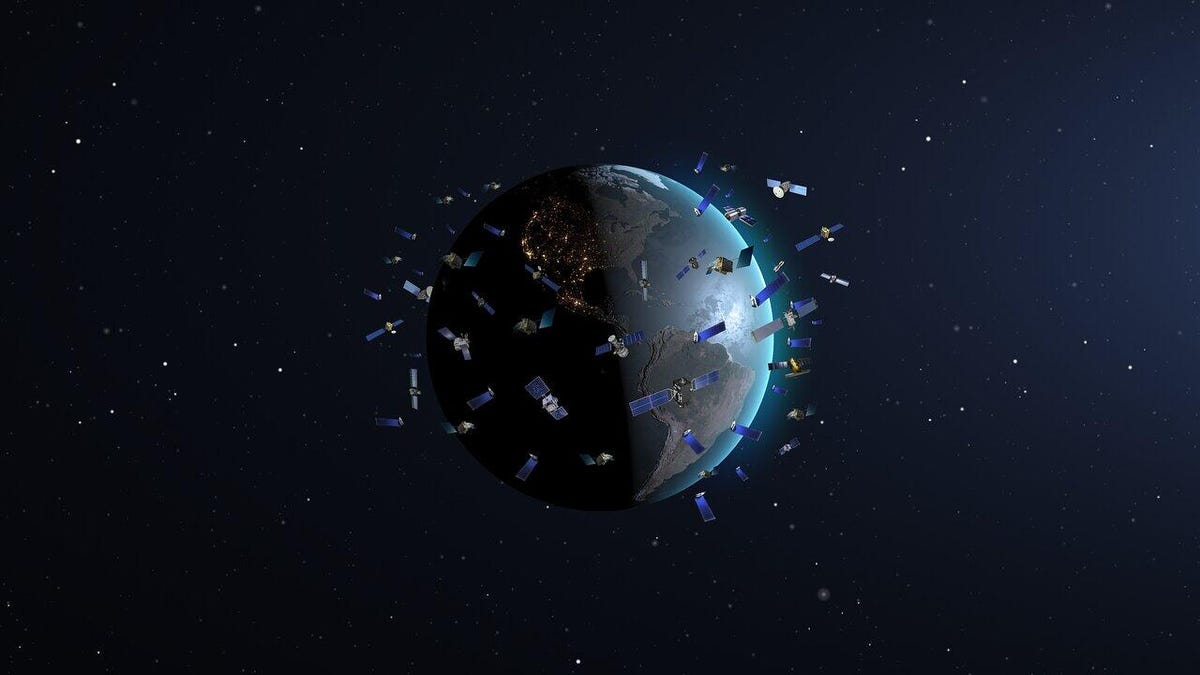SpaceX: Starlink already 'fast enough to stream multiple HD movies at once'
Elon Musk's company has been beta testing its new broadband service in northern latitudes.

SpaceX is building a constellation of thousands of satellites.
Just before SpaceX launched its latest batch of Starlink broadband satellites from Florida on Thursday, the company shared the results of its latest speed tests for the new network.
"These tests have shown super low latency and download speeds greater than 100 Mbps -- fast enough to stream multiple HD movies at once and still have bandwidth to spare," SpaceX tweeted.
Results from these tests have shown super low latency and download speeds greater than 100 mbps – fast enough to stream multiple HD movies at once and still have bandwidth to spare
— SpaceX (@SpaceX) September 3, 2020
There are currently several hundred Starlink satellites in orbit. SpaceX has been beta testing the new service with users in Canada, northern Europe and the northern US in recent months.
The speeds SpaceX is reporting are higher than those seen on public speed-testing services like Ookla. Last month, Reddit users compiled and posted some Starlink speed test results showing speeds as high as 61 Mbps.
Those earlier results are at least three weeks old at this point, and in any case it's very early in the evolution of Starlink. SpaceX plans to grow the mega-constellation from several hundred orbiting routers to tens of thousands of the small satellites blanketing the globe in internet access.
SpaceX is continuing to work with astronomers, who have expressed their dismay over the challenges of making space observations from Earth while contending with interference from the highly reflective satellites. Recent batches of Starlink sats have been equipped with sunshades to make them less reflective.
SpaceX has not yet announced an official launch date for the service.

